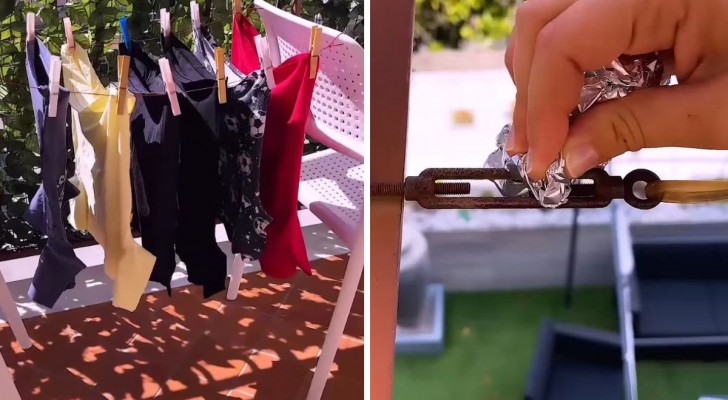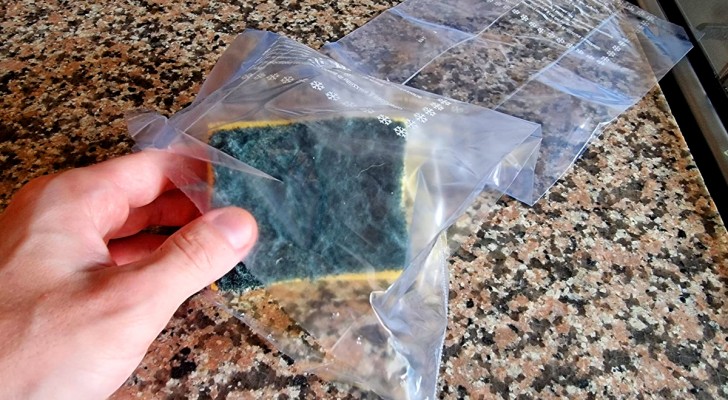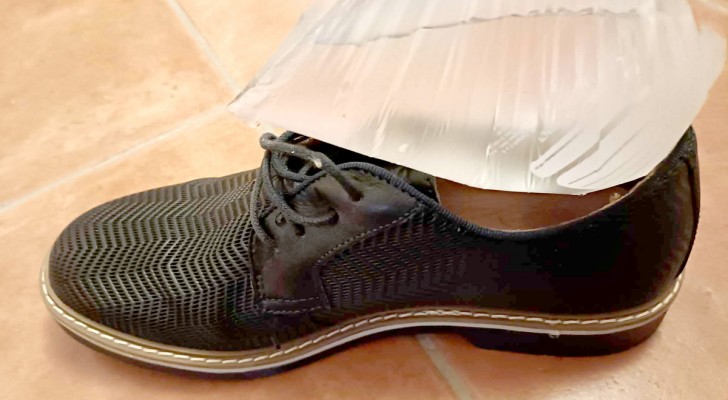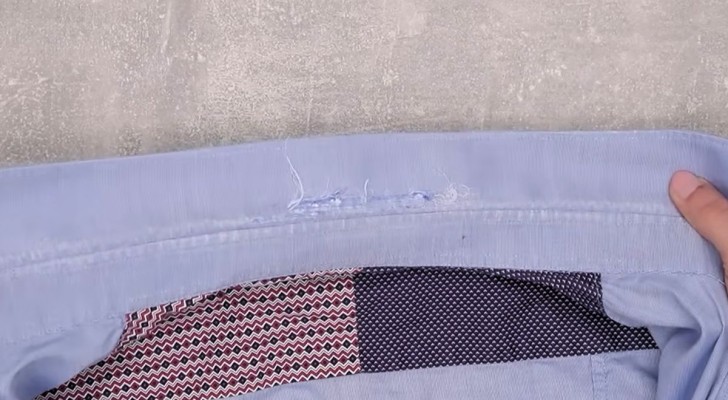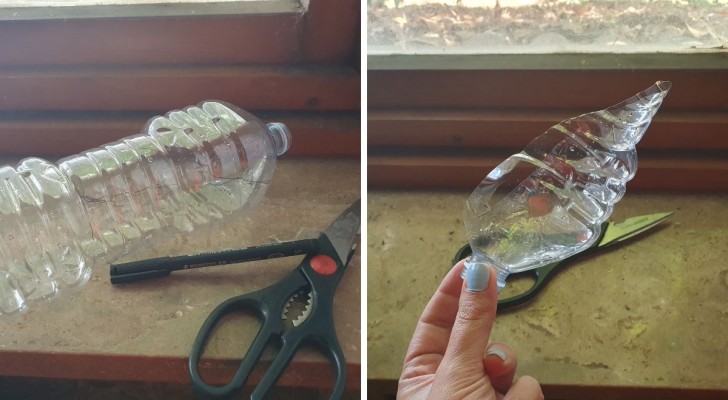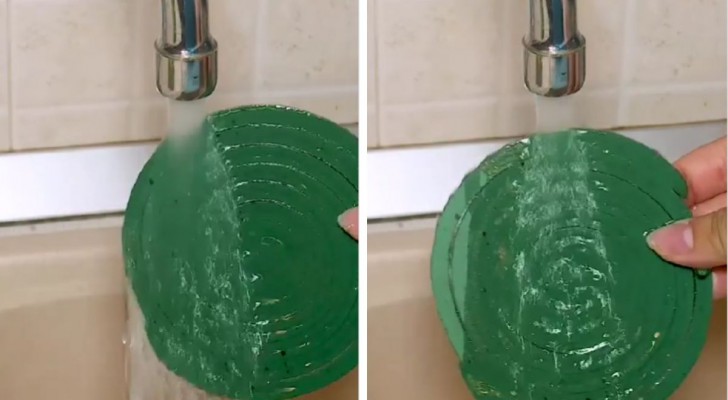Use olive oil to polish your parquet: try this natural remedy on your floor
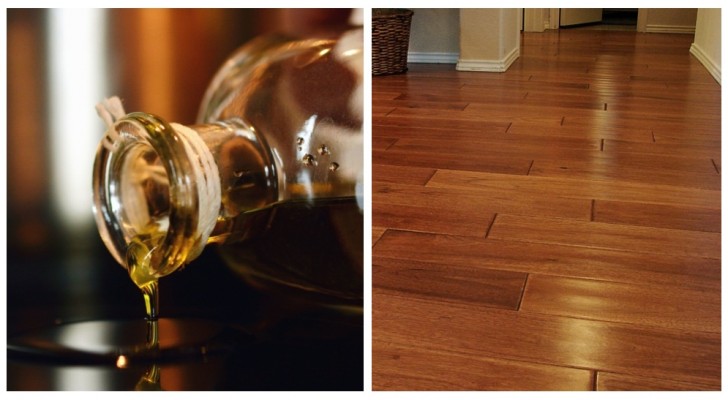
A wooden floor (parquet) is always a valuable asset in any home: whatever the motif is that is traced out by the individual planks on the floor, the parquet is a feature that gives warmth and elegance to the rooms it is used in. There are many different types and brands - different depending on the manufacturing method, the manner of installation and, above all, the color. But all types have in common the fact that they are made from a natural and delicate material, which must be treated with a special degree of care, completely different from that which is used to treat floors which are made of ceramic, slate or various types of stone.
In fact, in addition to cleaning them regularly, parquet floors benefit from an occasional polishing to bring out their best features. There are many excellent products on the market, but even at home you can prepare a polish that will nourish the wood and leave it shining. And you can do this using olive oil.
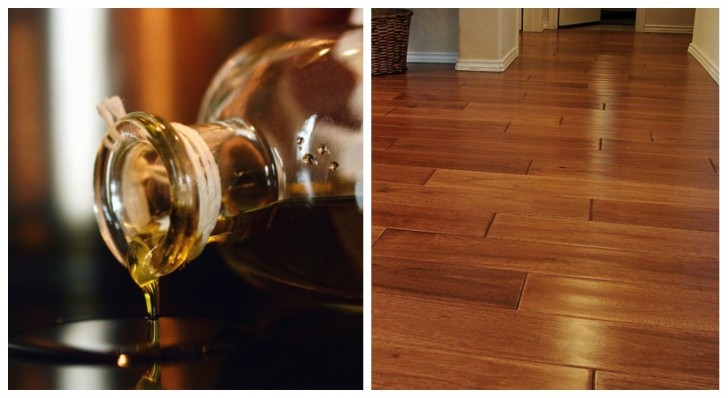
Before polishing the floor, you must clean it thoroughly. To do this, first sweep it with a broom or a soft cloth to remove the bulk of the dust and dirt, and then vacuum it to remove any bits you may have missed. As for washing the parquet, if the floor has no major dirt stains to be removed (especially if there are no greasy or oily dirt deposits), then you can go directly to polishing it. Otherwise, you can use a mop or cloth suitable for wood that you have dampened, and wrung out very well. To the water, if necessary, you can add detergents specifically made for your parquet or just use a little well-diluted Marseille soap.
Once the floor is clean, you can start the polishing using olive oil. You will need:
- a bucket of hot water
- 60 ml of olive oil
- 100 ml of white vinegar or fresh lemon juice
How to use this DIY product
- Mix everything well in the bucket.
- Take a mop suitable for washing the parquet and wet it lightly with the solution in the bucket.
- Make sure you squeeze the mop very well, so that it is only moist and is not dripping with water and begin to pass it on the wood in linear and regular movements, starting from the side opposite to the entrance.
- Go over each area of the floor a couple of times, but always with a mop that is lightly damp.
- Let the floor dry off completely.
The lemon or vinegar disappears quickly, and the water will evaporate reasonably quickly as well. The oil, however, is the one that takes the longest amount of time to be absorbed, and if it seems to you that the surface remains a little greasy after leaving it for some time, rub it with a soft, dry cloth until it is completely absorbed. The next time you polish the floor, remember to reduce the amount of oil a little if you have to do this.
You can also use the oil directly in small quantities to treat the most damaged areas: you will use it without diluting it. Pour a few drops on a microfibre cloth (and not directly on the wood) and then rub it in gently until all the oil is completely absorbed.
Great work!
